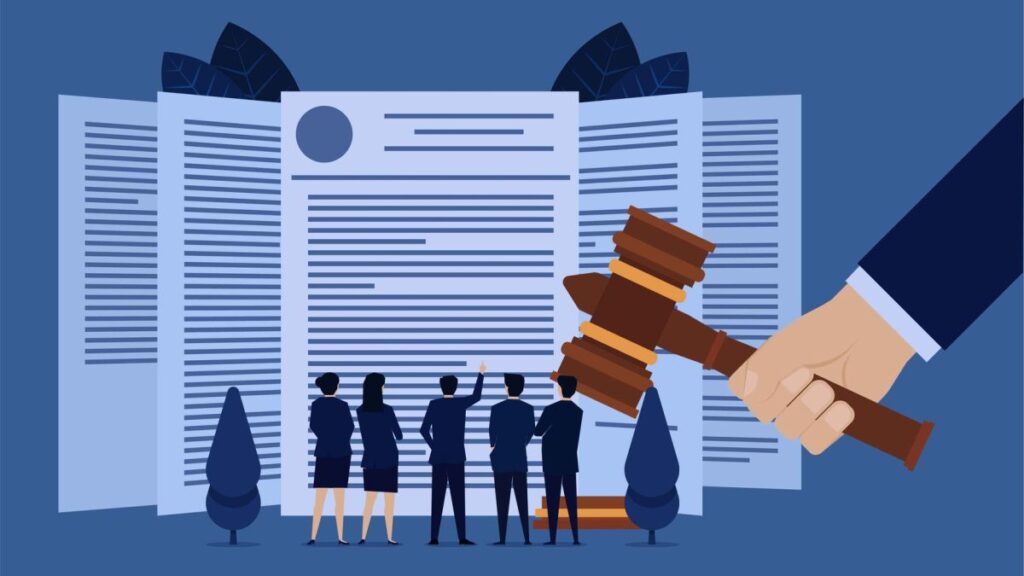Emerging AI Solutions Transforming the Legal Landscape
Legal professions are notoriously demanding, characterized by extensive labor and time required for case preparation from vast pools of evidence. To alleviate these challenges, a growing number of law firms are adopting artificial intelligence (AI) tools. According to a 2023 survey by the American Bar Association, 35% of firms are currently implementing AI technologies in their practices.
Among the frontrunners in AI legal tech is Supio, an innovative platform designed specifically for personal injury law, recently launched with a $25 million investment from Sapphire Ventures. Supio was co-founded by Jerry Zhou and Kyle Lam, who have roots in the tech industry, having previously worked together at Microsoft and Avalara.
Supio harnesses the power of generative AI to automate the collection and organization of extensive data for legal teams. Its capabilities include summarizing information, managing files, and pinpointing useful snippets for case outlining and drafting. Zhou emphasizes the platform’s value in personal injury and mass tort law, where vast amounts of documentation must be compiled and analyzed from various sources.
The inception of Supio emerged from Zhou and Lam’s recognition of the legal industry’s pressing need for technological innovation. "We knew it wasn’t just document-heavy; it was also ready for a transformation," Zhou stated. They aim to tackle the complexity inherent in personal injury and mass tort cases, which often involve navigating through a sea of paperwork, including medical records and police reports.
Supio directly addresses this need by generating demand letters and supporting documents while offering a user-friendly chatbot interface for evidence searches. While there are other AI platforms like EvenUp and Lawyaw that serve similar functions, Zhou asserts that Supio employs a more sophisticated technical approach. He notes, "Law is extremely complex and nuanced, and many productivity tools fall short in understanding the intricacies of legal documents."
Despite the promise of AI-driven legal tech, concerns regarding data privacy and reliability persist. The sensitive nature of legal work makes firms cautious about sharing case documents with AI tools. The State Bar of California has advised lawyers to be wary of using AI tools that may not have adequate security measures. Zhou insists that Supio adheres to strict privacy regulations, including HIPAA and GDPR, and ensures that client data is stored securely.
Moreover, the potential for AI-generated inaccuracies—commonly referred to as "hallucinations"—has raised alarms in the legal community. A high-profile incident occurred last year when lawyers used ChatGPT to draft a personal injury complaint, only for the AI to produce erroneous information, resulting in a fine for the attorneys involved. This incident highlights the necessity for cautious oversight in AI-generated legal work.
In response to these challenges, courts are considering regulations that emphasize human oversight in AI-assisted legal filings. Recent proposals have suggested that any legal documents prepared with AI assistance should be certified to ensure human review and approval.
Despite skepticism surrounding AI’s effectiveness, Zhou claims that Supio’s technology outperforms "human levels of accuracy" without errors. However, the lack of corroborated data to support these claims raises questions about the true capabilities of AI in the field.
Currently, Supio collaborates with approximately 30 law firms in its niche and expects to expand its partnerships to 100 by year-end. The company is on track to surpass $1 million in annual recurring revenue, primarily from subscription fees based on the volume of cases processed.
As the legal technology landscape evolves, industry executives remain optimistic about investing in AI solutions. A recent LexisNexis survey indicated that 90% anticipate increasing their commitments to generative AI over the next five years, with the overall legal tech market projected to reach $50 billion by 2027.
With a workforce of 27 employees and ambitious plans for expansion, Supio aims to broaden its customer base and explore opportunities across various legal specialties. Having raised a total of $33 million, Zhou and his team are poised to make a meaningful impact on the legal industry’s future, solidifying the role of AI in facilitating efficiency and innovation within the field.




